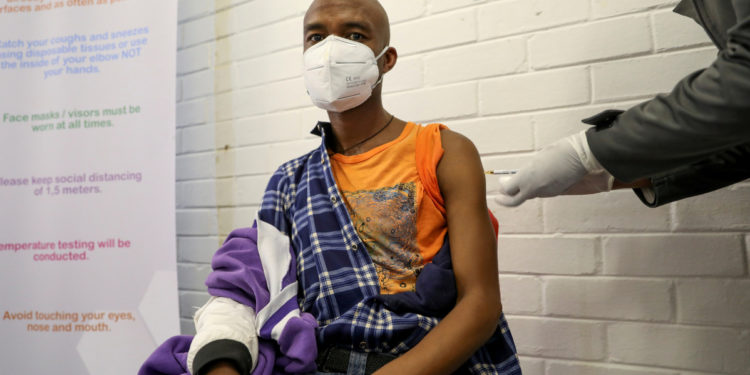As Africa continues to battle the coronavirus pandemic that has so far infected over 1.2 million people and killed more than 28,000, health ministers and other government officials from across the continent have expressed the need to develop strong health systems to deal with disease outbreaks.
For a long time African health systems have remained underfunded, overstretched and understaffed, a scenario that worried experts and the international community when the pandemic started spreading across the globe.
However, against the prospect by many analysts that the continent would be hardest hit due to weak health systems, countries moved quickly to reinforce response measures, building on early steps, such as enhanced surveillance, detection and movement restrictions, even before the virus arrived.
Due to such initiatives, the continent has been able to record low coronavirus infection rates compared to global figures. However, the pandemic has served as a wakeup call to strengthen health systems.
“This virus has not only affected our health, but also tested our way of living, societal norms and economies at large. In Africa we quickly felt the impact of the pandemic due to our weak health systems, coupled with the highest disease burden in the world,” Abiy Ahmed, the Ethiopian prime minister, said.
Abiy called for improved coronavirus response coordination, a common voice to ensure fair and equitable access to vaccines, diagnostics and treatment, and stronger health systems and public health emergency preparedness and response to minimize the impact of the pandemic.
“Coronavirus has taught us that strong health systems are a matter of national security and survival,” he said.
A WHO progress assessment on the performance of health systems as part of the efforts to attain universal health coverage found that member states in Africa have gaps in different capacities, with the most acute seen in poor physical and financial access to services, and low resilience of health systems.
The WHO assessment recommends that member states find ways to increase public funding to develop health systems, explore initiatives to boost access to services, and review and identify needed health system investments.
This is in addition to setting up measures to monitor the performance of health systems at the subnational level and enhance the efficiency of available funding, particularly donor, private and out-of-pocket funds.
“The coronavirus pandemic has proven once again the importance of investing in health systems, enhancing equitable access to care and improving readiness to prevent and control outbreaks,” said Doctor Matshidiso Moeti, the WHO regional director for Africa,.
“Recovering from this pandemic will be incomplete without strong measures to bolster health systems. We must seize the opportunity and make the leap for a better tomorrow,” Moeti said.
Pravind Jugnauth, the Mauritian prime minister, said timely and decisive response were critical to his country’s success in bringing down coronavirus infections in five weeks after the first case was confirmed.
“It is crucial to have an efficient health system at a time when we are experiencing the COVID-19 pandemic. The government continues to invest significantly in the health sector for both present and future generations,” Jugnauth said.
Annals of Global Health, a peer-reviewed, open access journal focused on global health, also reported that meeting health security capacity in sub-Saharan Africa will require strengthening existing health systems to prevent, detect and respond to any threats to health.
The journal said policy shifts in African countries’ health systems that prioritize training a willing and able workforce, invest in robust and cost-effective surveillance capacity, and create financial accountability and good governance are vital in health strengthening efforts.









